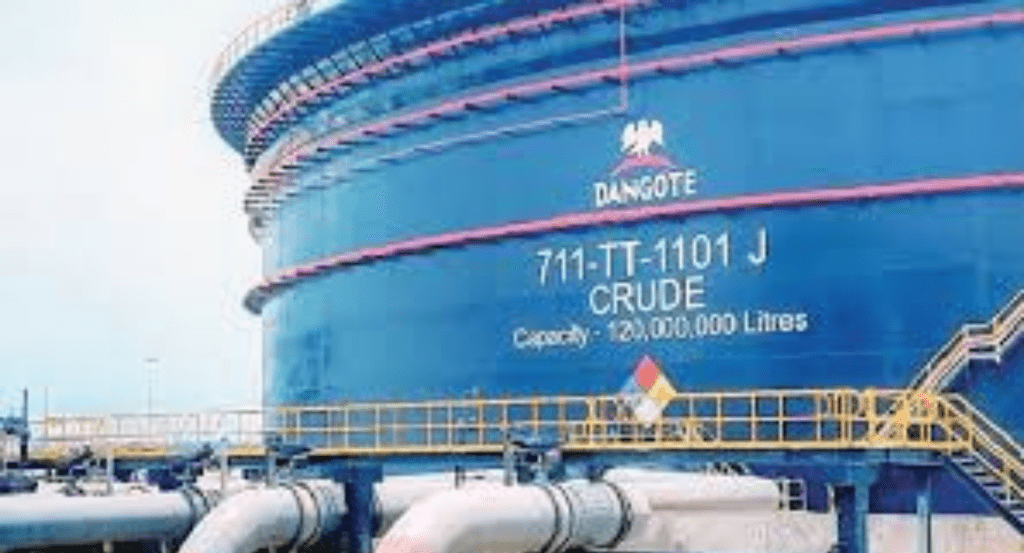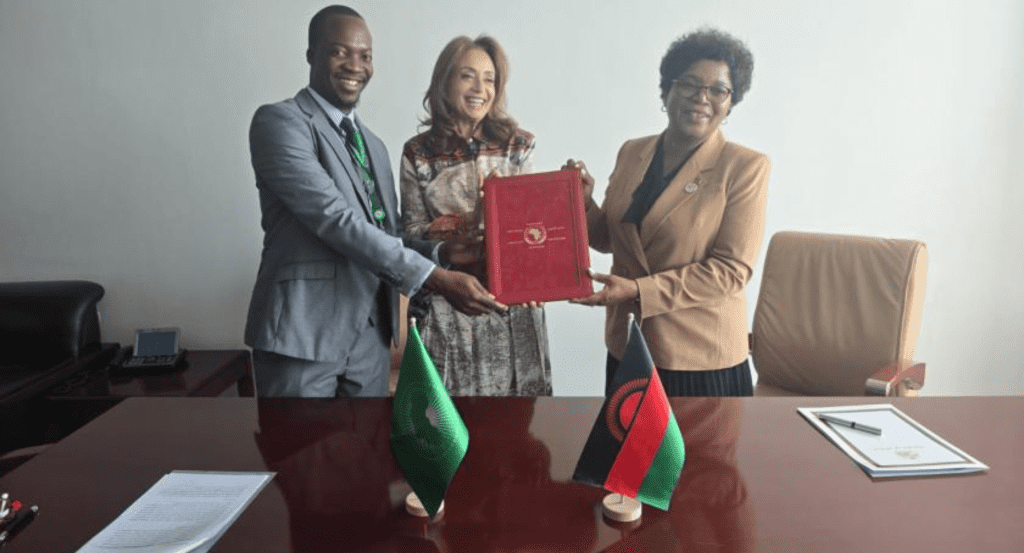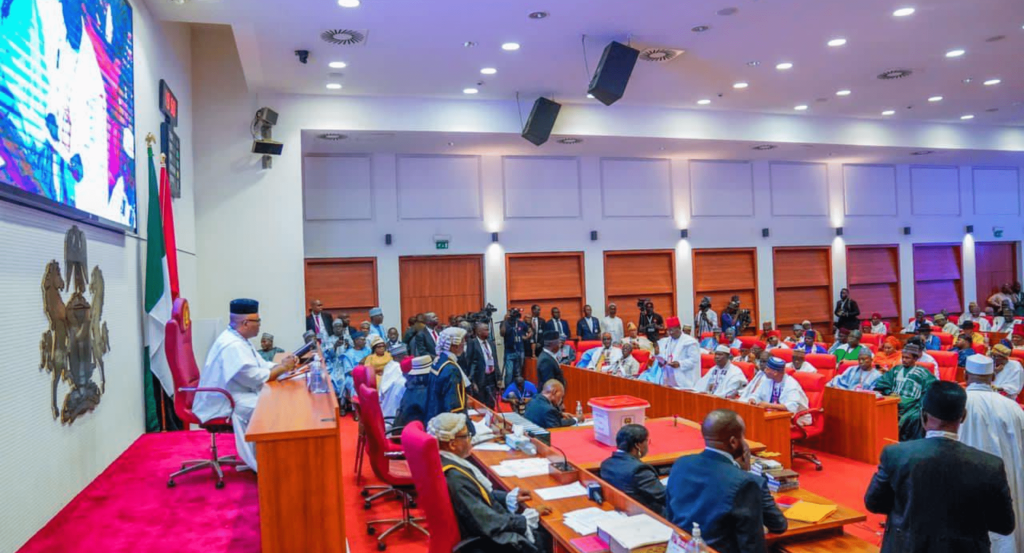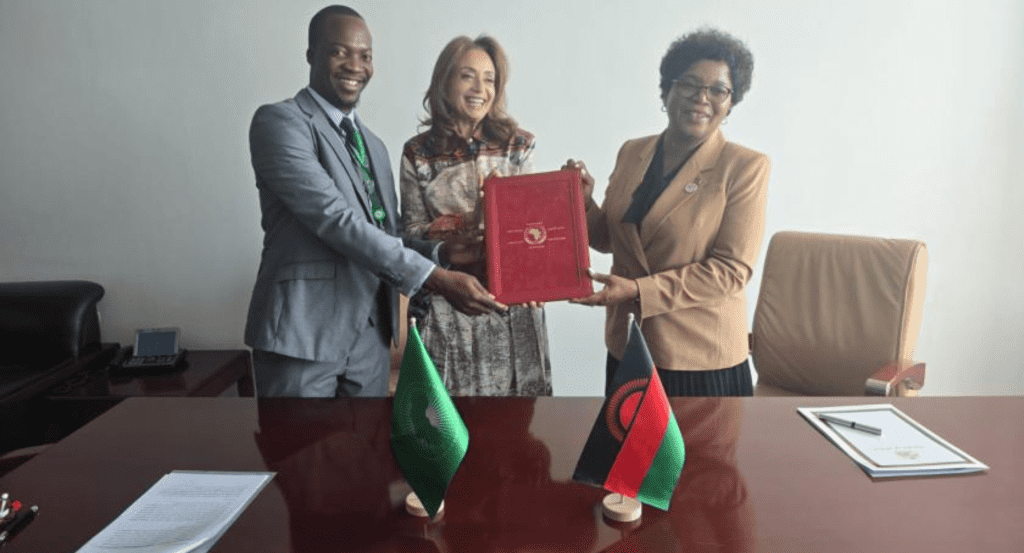The Nigerian fuel market is facing escalating tensions as the Dangote Refinery and various oil marketers debate issues of fuel pricing and quality. At the center of this dispute is a significant rise in petrol prices and conflicting claims over the quality of fuel available to Nigerian consumers. As Nigerians grapple with higher fuel costs, the Dangote Refinery and other industry players are under pressure to clarify their positions on fuel standards and pricing practices.
In recent statements, the Dangote Group, led by Aliko Dangote, emphasized the high quality of its refined petroleum products. Responding to accusations of substandard fuel, Dangote Refinery asserted that any imported petrol being sold at rates significantly below theirs is likely to be of lower quality. “Our refinery maintains the highest standards in production,” a spokesperson for Dangote Refinery stated. “Claims that our prices are excessive overlook the stringent processes that guarantee high-grade fuel for the Nigerian market.”
Marketers and Industry Experts Raise Concerns Over Pricing
However, independent oil marketers have raised concerns about the cost implications of relying solely on Dangote’s products, arguing that cheaper imported options allow for more competitive pricing in the market. The debate intensified after Dangote reportedly informed President Bola Tinubu that imported petrol sold below the refinery’s prices could be substandard, suggesting that lower-cost alternatives may compromise fuel quality.
This claim has sparked backlash from industry stakeholders. The Independent Petroleum Marketers Association of Nigeria (IPMAN) spokesperson noted, “The reality is that Nigerian consumers need affordable petrol options. The assertion that all cheaper imports are substandard is a disservice to the market and creates a monopoly narrative.” This sentiment was echoed by a representative from Pinnacle Oil and Gas, who stressed that their products undergo rigorous quality checks, rebuffing allegations that imported fuels are inferior.
Allegations of Misinformation to the Presidency
An exclusive report alleged that Dangote provided misleading information to President Tinubu about the Nigerian fuel market to secure favorable regulatory backing. According to unnamed sources, Dangote allegedly claimed that his refinery’s premium pricing was necessary to ensure quality and stability within Nigeria’s fuel supply chain. The report has raised concerns about transparency within the industry and the extent of Dangote’s influence in shaping fuel policy.
A source familiar with the matter commented, “It’s worrying if decisions at the highest level are being shaped by selective narratives. Nigerian consumers should have access to both affordable and quality fuel options, not just those that align with one company’s business model.” This report adds a new layer to the already complex fuel supply and pricing issue in Nigeria, suggesting potential biases in information relayed to the government.
Consumer Struggles and Economic Strain Amid Price Hike
The rising cost of petrol has put a significant strain on consumers, impacting transportation costs and inflation across the country. Economists warn that if the situation persists, Nigeria could face prolonged economic instability due to high inflation and reduced purchasing power among consumers.
One Abuja resident, Grace Okeke, expressed frustration with the rising costs: “It’s becoming impossible to keep up with these prices. We are already struggling with basic necessities, and now transportation and goods are skyrocketing. Something has to change.”
Government’s Role and Industry Regulation
The Nigerian government faces mounting pressure to mediate between Dangote and other market players to ensure fair pricing and reliable fuel quality for consumers. Regulatory agencies have yet to release an official statement addressing these recent developments, but many Nigerians are calling for clearer guidelines that balance quality assurance with market competition.
Experts suggest that the government could consider allowing more refineries to operate competitively within Nigeria to drive down prices. “The key is a diversified market,” explained Dr. Ayo Salako, an energy analyst. “We need to reduce monopolistic tendencies by fostering competition. When more players have a stake, consumers benefit from better prices and options.”
With fuel pricing debates intensifying, Nigerian citizens and industry players alike are eager for a resolution that prioritizes affordability, accessibility, and quality within the fuel market. As this issue unfolds, both the Dangote Refinery and independent marketers are being scrutinized, and the government’s role in ensuring a fair and balanced energy market remains critical.



























